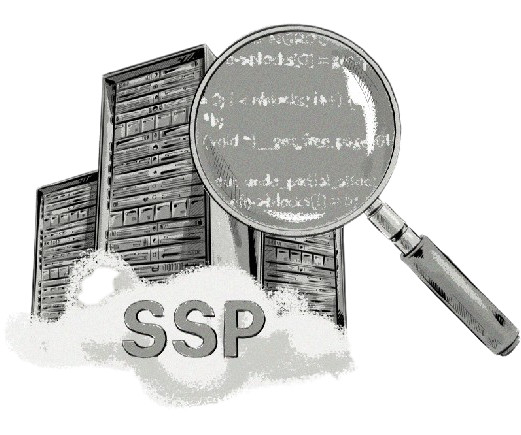Why we care about adtech: The complete guide
Martech
MARCH 15, 2022
Adtech aims to create data-driven marketing strategies tailored to match the target audience’s preferences. It streamlines the increasingly complex processes of buying and selling digital advertisements and enables brands to make the best use of their budget, maximizing their ROI. This speed cannot be achieved manually.












Let's personalize your content